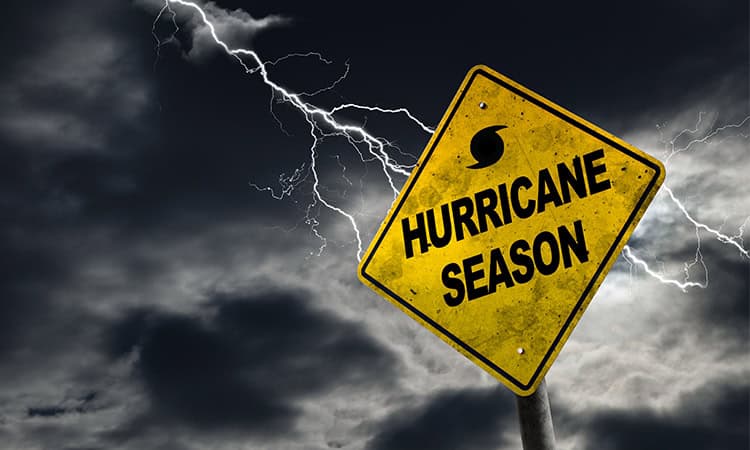Storms like Hurricane Harvey, Hurricane Irma and Superstorm Sandy endanger the lives of thousands of people each year and can cause extreme property damage. Officially, the Atlantic hurricane season starts on June 1 and runs until November 30. Here on Long Island, we have seen our fair share of storms throughout the years, so it is always good to be prepared with a plan.
Hurricanes can bring tornadoes, thunderstorms, flooding and power outages. If your home uses propane, there are a few simple steps you can take to keep your family safe and avoid potential danger. If you have any questions about storm preparedness, please feel free to contact your trusted team here at Liberty Gas (631.288.0902).
10 Things You Can Do to Keep Your Family Safe During a Storm
Provided courtesy of the Propane Education & Research Council (PERC)
If your home uses propane, there are a few simple steps you can take to keep your family safe and avoid potential dangers.
- In flood zone areas, make sure your large above-ground and underground propane tanks are anchored securely to avoid potentially dangerous situations. The National Fire Protection Agency (NFPA) requires that you do this. Contact Liberty Gas (631.288.0902) for more information.
- Create an emergency preparedness plan and review it with everyone in your family. Post a list with contact information for your propane retailer and emergency services (fire department, etc.) along with instructions for turning off propane, electricity, and water. If you do need to turn off your propane, contact a Liberty Gas service technician to inspect your propane system prior to turning it back on.
- Have an adequate supply of propane in your tank. During and after a major hurricane, propane and other types of fuel may not be readily available and roads leading to your home or farm might not be accessible for delivery.
- In the event that a hurricane threatens your safety, you should shut off the gas. Turn off the main gas supply valve on your propane tank, if it is safe to do so. To close the valve, turn it to the right (clockwise). Also, it’s a good idea to turn off the gas supply valves located near individual indoor appliances.
- Listen to your local authorities, or television and radio stations to determine if you need to evacuate your home or farm. If you do evacuate, use extreme caution when returning to your property. If you have any doubts about your safety, leave the area immediately and have your property inspected by a qualified building inspector or structural engineer before re-entering.
- After the hurricane danger passes, and it is safe to do so, check the entire area for downed power lines, damaged gas lines, or damage to your propane tank. High winds and floods can move, shift, or damage gas lines and tanks. If it is dark, use flashlights, not candles. Immediately call your local utility company or Liberty Gas if any of these hazards exist. Do not attempt repairs yourself. If you find a propane tank on your property that is not yours, or if your propane tank has become dislodged or is missing, contact your propane retailer or your local fire department immediately.
- Never use outdoor propane appliances indoors or in enclosed areas, particularly during a power outage. This can result in carbon monoxide poisoning or death. These include such appliances as outdoor portable heaters, barbecue grills, and portable generators. Only use appliances indoors that are designed and approved for indoor use. It’s also important that you never store, place, or use a propane cylinder indoors or in enclosed areas such as a basement, garage, shed, or tent.
- Inspect your propane appliances for water or other damage, if it is safe to do so. If the appliances have electric components and have been exposed to water, they can create a fire hazard. Do not ever turn on a light switch, use any power source, or inspect your household appliances while standing in water. This can result in electrocution.
- Schedule a time for a Liberty Gas service technician to perform a complete inspection of your propane system if you suspect any of your propane appliances, equipment, or vehicles have been under water or damaged, or you have turned off your gas supply. Never use or operate appliances, equipment, or vehicles, or turn on the gas supply, until your system has been inspected by a qualified service technician. Do not attempt repairs yourself.
- Exercise sound judgment. As with any challenging situation, your composure during a hurricane and other severe weather events will ensure you don’t take unnecessary risks or pose any additional dangers to your family and home. Stay calm; use radios, television, and telephones to stay informed and connected. If any questions arise, contact Liberty Gas or your local fire department.
Taking these 10 simple steps can help promote safety all season long. For additional information on preparing for hurricanes and other severe weather conditions and natural disasters, visit propane.com.








